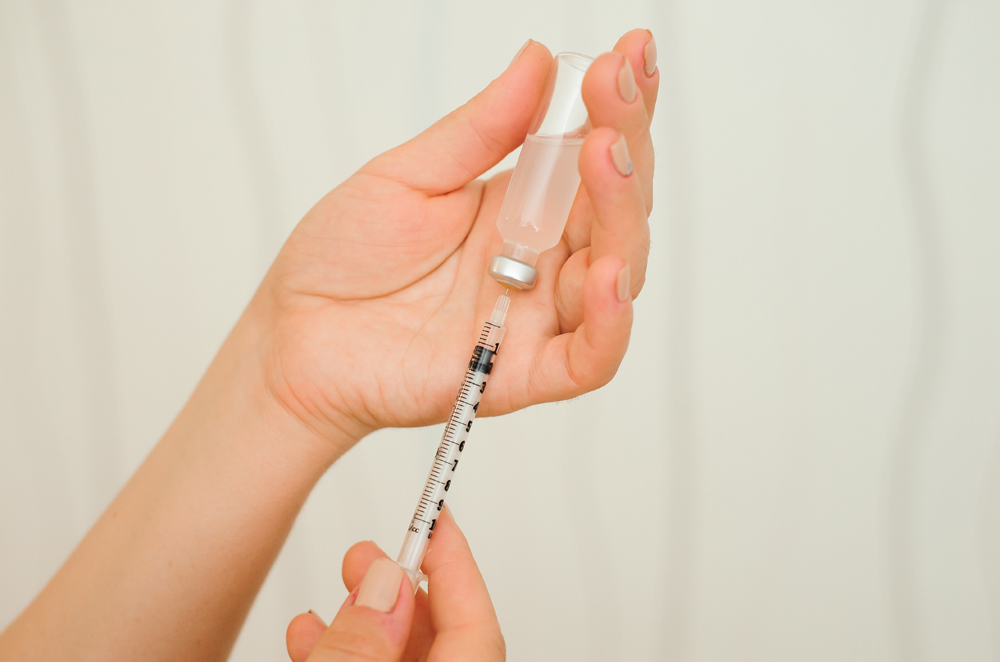Indians have a propensity to develop diabetes. Once they hit 40, seven per cent become diabetic. Then there are those poised on the threshold — the prediabetics, those with gestational diabetes and others with a family connection to the disease.
Once diabetes has set in, it is important that the sugars are satisfactorily controlled on a daily basis to avoid complications. The fasting blood sugar level should be maintained around 100 mg/dL (5.6 mmol/L), the postprandial (after meal) around 140mg/dL and a target HbA1c level below 7.
To achieve this, you have to maintain a regular lifestyle, eating meals on time and in fixed quantities. The calorific value of Indian foods is available online or you can download a calorie-counting app to keep track of those consumed. Do not forget to count the calories in the cooking oil. One teaspoon of oil has nine calories.
Medication used to control diabetes is tied to meal timings. Injections of insulin have to be taken 15-30 minutes before eating. Taking the injection and then delaying the meal due to unforeseen circumstances can cause dangerous drops in the sugar level. Insulin should be taken at the same time every day. Therefore, fasting is not a good idea. You need to consult your doctor about adjusting the medication during days or months of fasting.
Diabetes medication works by either increasing insulin production in the pancreas, reducing glucose released by the liver or making the cells more sensitive to circulating insulin. Not all medicines work for every individual, treatment has to be tailored.
All medication has side effects — some lead to weight gain, others help with weight loss or upset the gastrointestinal tract and cause bloating and diarrhoea. Discolouration and rashes can also occur. Insulin produces fewer side effects as it a naturally occurring product. Since it is a protein, it cannot be administered as a tablet and needs to be injected. The newer injection devices and fine disposable needles make self-injection practically painless. Injection sites have to be rotated. Otherwise, the medication may accumulate there and not be absorbed efficiently.
Everyone needs to exercise but this is particularly true of diabetics. It is best if you exercise first thing in the morning. If that is not possible, remember to wait at least an hour after eating.
Exercise makes the body more sensitive to insulin as it reduces obesity, which contributes to insulin resistance. It will help use up calories as muscles can use up glucose even without insulin.
If you have never exercised before, start working out for 10 minutes a day. Slowly and steadily, increase it to the recommended 40 minutes daily. Combine aerobic activity with weight training with light dumbbells for 20 minutes. This will help strengthen muscles that will utilise glucose more efficiently. Flexion, stretching and balance exercises are also beneficial and will prevent falls.
Diabetics who exercise regularly are more likely to maintain a healthy lipid profile and avoid atherosclerosis, heart disease and nerve problems. Exercise also helps relieving stress, elevates mood — because of the feel-good chemicals released — and is energising.
- The writer is a paediatrician with a family practice at Vellore and author of Staying Healthy in Modern India.
- If you have any questions on health issues, please write to yourhealthgm@yahoo.co.in










